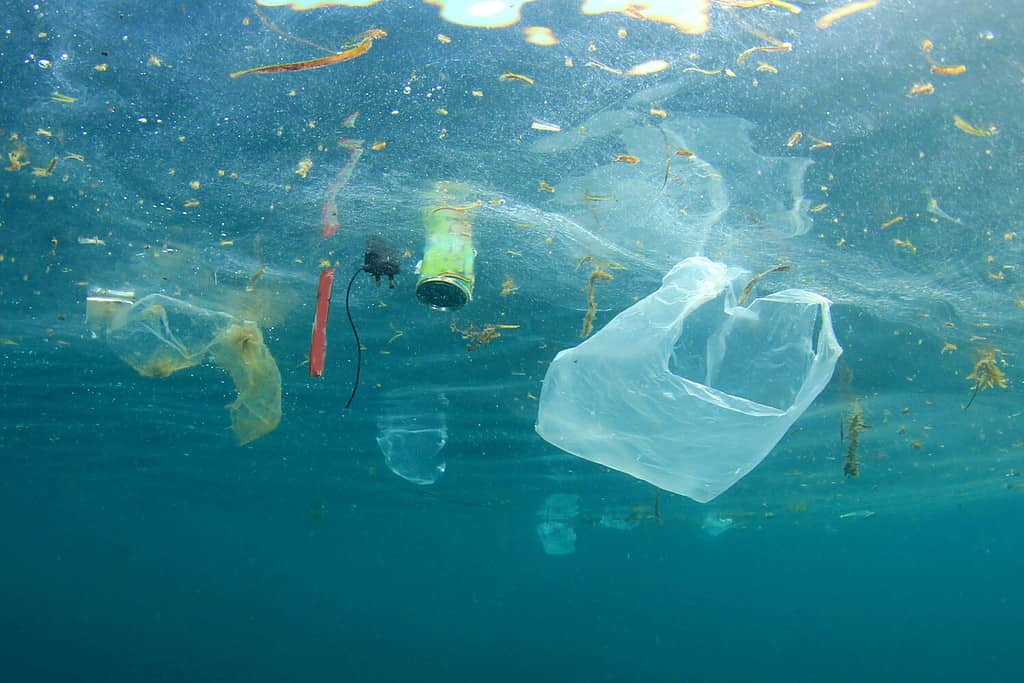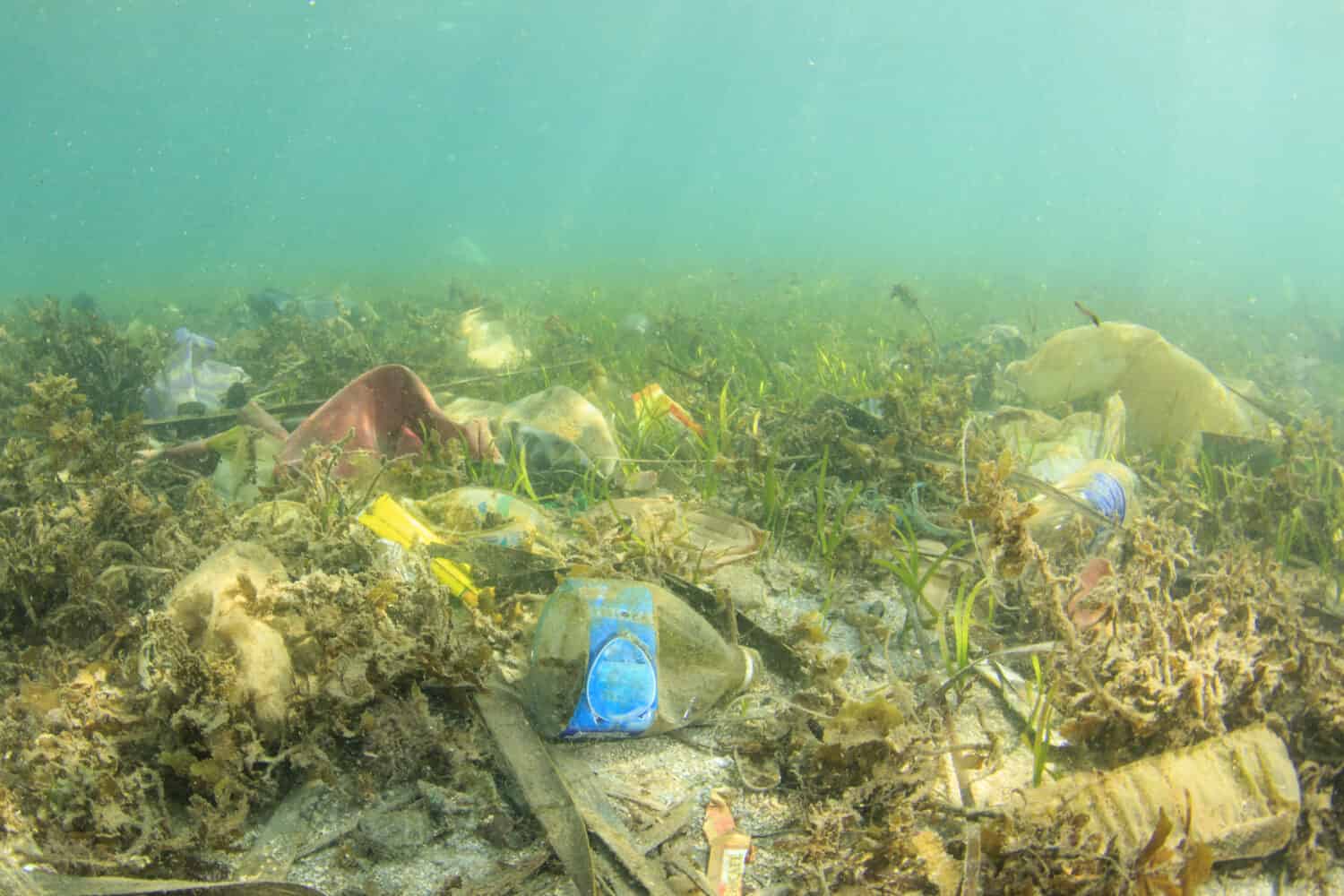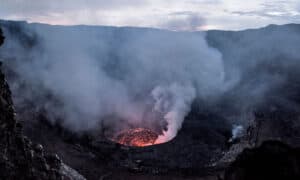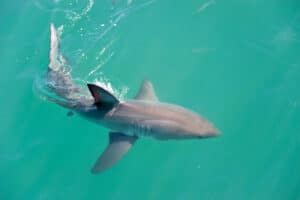On Monday, a Connecticut couple who had been scuba diving in the area around Jamestown, RI, assisted in freeing a young shark whose head had become lodged in an industrial glove. According to The Associated Press, Deb and Steve Dauphinais were scuba diving near Jamestown when Deb Dauphinais spotted a young shark with its head trapped.
Initially, Deb believed that the young shark was dead due to its stillness. As soon as the shark started to move, she called Steve over to help. Most people who see a shark in the water would flee, showing how selfless and brave the Dauphinais’ are.
When Steve Dauphinais pulled on the glove, the shark ultimately broke free. The pair stated they weren’t nervous about getting attacked, but they were careful in the event the shark lunged at them.
The animal didn’t appear to be wounded at all as it observed the two divers. When it regained equilibrium, it raced off to return to going about its day! There are innumerable tales of marine life being wiped out by rubbish in the ocean. It’s a problem that keeps coming up and is very important to many, including Deb.
This wasn’t the first time that Deb Dauphinais, a diving teacher for approximately 30 years, has saved a marine species from harm. She recalled releasing a black sea bass that was caught on a piece of fishing line a couple of years back.
It is important that we be cautious when saving wild animals. Although they weren’t too scared, it is dangerous to free animals that are in situations such as this. If you find any animal trapped or in trouble, please contact the authorities.
How to Keep Marine Life Safe From Trash

Plastic pollution kills 100 million marine animals each year.
©Rich Carey/Shutterstock.com
You don’t have to dive underwater and free a shark to help wildlife like Deb does. You can start by picking up any trash you see near beaches or even floating in the water. If you don’t frequent these types of locations, start at home.
Cut up any plastic rings from grocery stores that hold soda or beer cans. Also, cut up any netting that may hold apples or oranges. These types of items can easily harm wildlife, in and out of the water.
Numerous items have a direct connection to the destruction of rare or endangered species, improper fishing practices, and pollution. Avoid, for instance, cosmetics containing shark squalene.
You can also stop the use of single-use plastics like utensils and bottles of water that might wind up in the oceans. These goods encourage unsustainable fishing and put vital ecosystems and species in danger.
Thank you for reading! Have some feedback for us? Contact the AZ Animals editorial team.








